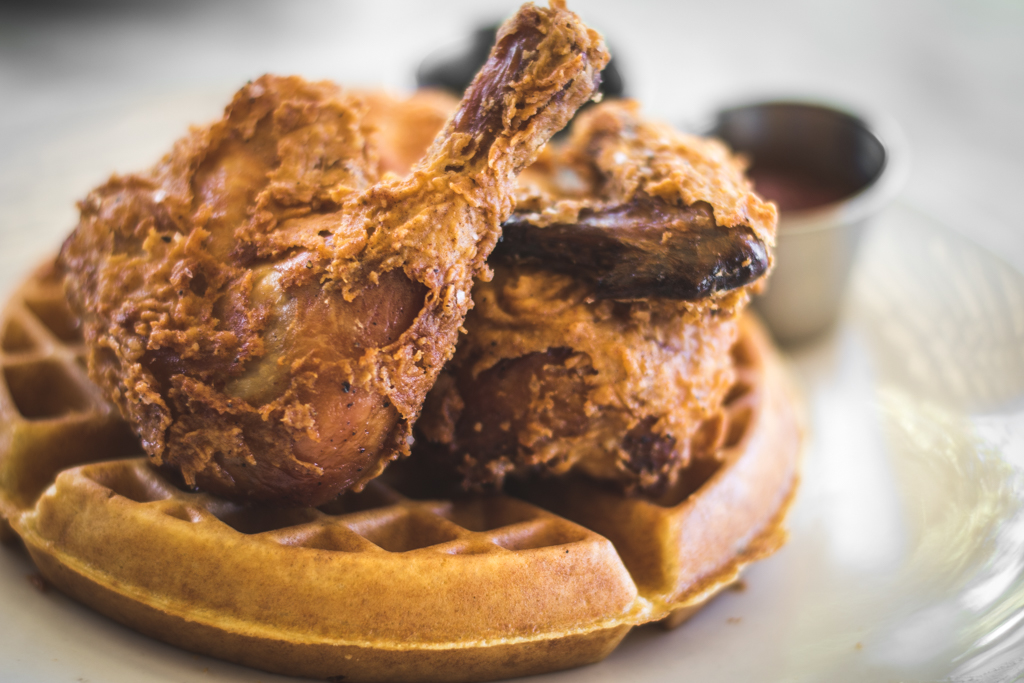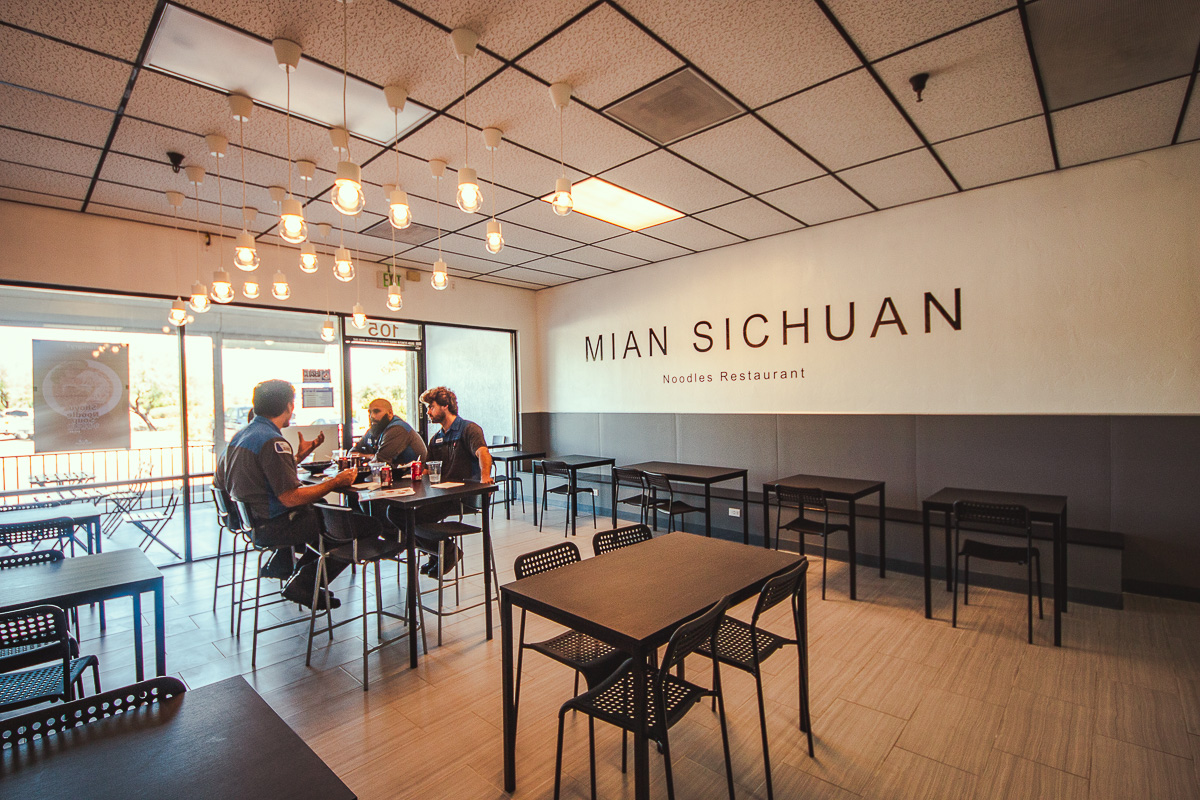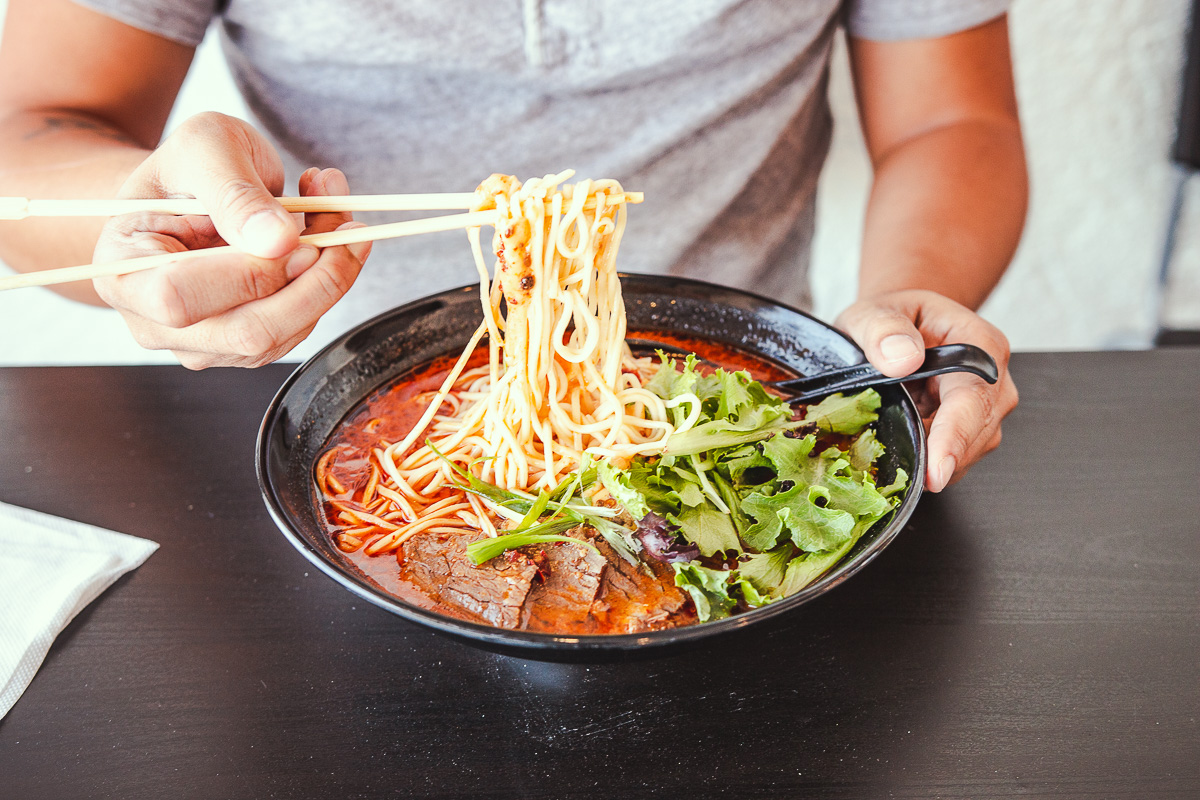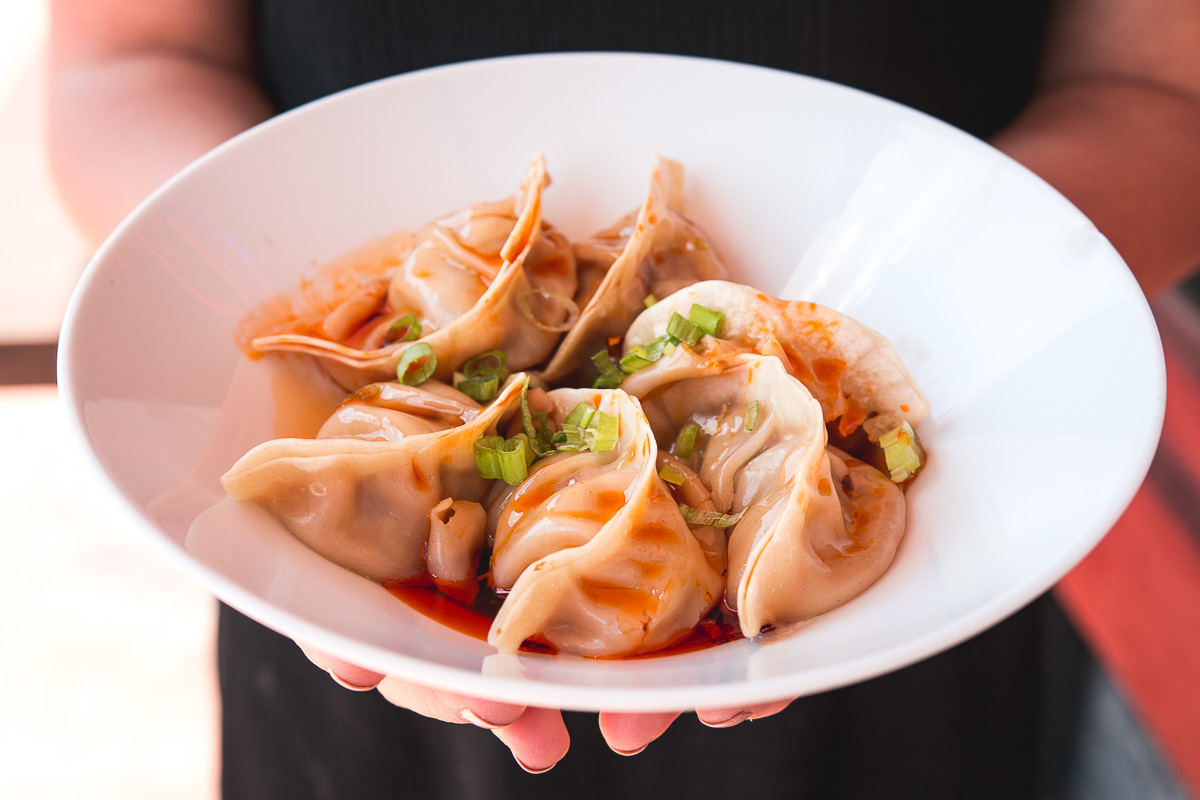
COVID-19, the disease caused by the “novel coronavirus,” is working its way into news headlines and memes around the world. Tucson is no exception.
Local concern has increased; as of the time this article was published, there has been a single presumptive positive case of COVID-19 in a returning traveler residing in unincorporated Pima County.
While the hand sanitizer and toilet paper industries appear to be thriving thanks to fears of COVID-19, travel and hospitality industries aren’t receiving the same fortune. Reuters reported the global business travel sector is expected to take a revenue hit of about $820 billion; China will account for nearly half of the losses.

As much as we at Tucson Foodie love to share news about restaurant openings and our favorite tacos, we also wanted to find out how COVID-19 is affecting Tucson’s restaurant industry.
“We’ve noticed a slight slow down this week, especially given our expectations at this time of year,” said Ronnie Spece, proprietor of Batch Cafe & Bar downtown. “We certainly anticipate an impact with the onslaught of canceled events [Second Saturday, Fourth Avenue Street Fair], the Rialto suspending shows, etc. We still hope local support will offset some of the impact and would like to remind everyone we have bottles to go if they want to enjoy their whiskey at home.”
Northeast Tucson restaurant and pizzeria Renee’s Organic Oven still regularly has a full dining room, but the difference is still noticeable, co-owner Renee Kreager said. She also noticed a slight uptick in the restaurant’s to-go orders.
While COVID-19 first appeared in Wuhan, China, some Chinese restaurants experienced a slowdown beginning weeks ago.
“Since the coronavirus outbreak began in China and spread to the United States, my business has plummeted,” said Sharon Li, owner of Chinese restaurant Fish Wok.
“We got a huge effect from the coronavirus, reducing our sales about 60%,” said Xin Wang, co-owner of Chinese restaurant Mian Sichuan. “And [it’s] slower each week […] We are not expecting the situation will turn better within the next five to seven weeks.”
Li also reported a 60% drop in business.
“There used to be a lot of Chinese students and some old Chinese customers who would come to dinner,” Li said. “Now they hardly come. And my American customers are also [visiting] less then before [by] a lot. But I have to pay a huge rent, pay my staff, stock up, pay all kinds of fees, and this month is almost like crying.”
While Fish Wok and Mian Sichuan both experienced significant drops in business, not all Chinese restaurants have been so drastically affected.
“We don’t see a big difference,” said Claire Wang, co-owner of Chinese restaurant Noodleholics. “We have customers coming in telling us they’re not worried about it. They’re comforting me; I’m not worried about it in Tucson.”
Claire attributed the dip in business as a natural fluctuation this time of year as snowbirds begin leaving Tucson. Weekdays are slightly slower than usual compared to last year, but weekends are just as busy, she added.
“There are no specific locations that people should avoid,” said Dr. Kacey Ernst, associate professor and program director of epidemiology and biostatistics in the Mel & Enid Zuckerman College of Public Health at the University of Arizona. “Evidence from Chinese investigations indicate that the majority of transmission is occurring within households. Communal living situations are going to be more vulnerable. For example, in Washington State, the outbreak is in a nursing home, which not only has communal living, but a highly vulnerable population.”
Basic hygiene practices are the most important factor to reduce spread in public settings, including restaurants, Ernst said.

Restaurants need to continue what they should already be doing in the first place — this includes practices such as cleaning tables thoroughly between guests and ensuring restrooms are clean and have an ample supply of soap. Other smaller details are not so obvious.
“I’m proud of what we already do, but we still had to revisit it,” Kreager said. For example, servers used to box leftovers for customers; they now give boxes to customers to box their own leftovers. Additionally, Kreager removed a table from the restaurant to allow more space between other tables.
To help build confidence from the public, Renee’s Organic Oven post their preventative measures on their Facebook page; Fish Wok posted as well.
While many restaurants are taking extra steps such as adding hand sanitizer bottles at every table, Ernst also emphasized work policy.
“One important thing that restaurants can do is to set and enforce policies for sick employees to stay at home,” Ernst said. “This is also true for other service industry jobs where workers have contact with the public on a frequent basis. However, this can be quite challenging for workers who rely on tips for their wages.”
If you contract COVID-19, the CDC also recommends the following steps to reduce the spread of the disease:
“I would also suggest that people check in with vulnerable neighbors – elderly folks who may not be able to get out and around and who are at higher risk of death due to COVID-19,” Ernst said. “As they are the most vulnerable, there may come a time when they are unable to go grocery shopping or go to public spaces. Developing some plans to help deliver groceries or do medicine runs could really help minimize the overall impact of COVID-19. It is important to keep in mind that there are two impacts of an outbreak like this – the direct ones when people get sick and the potential social and economic disruptions that can also lead to poor health outcomes.”
Is COVID-19 scary with all the recent media coverage? Yes. But evidence currently doesn’t indicate you’re putting yourself at a higher risk by eating out.
“This is a very busy month normally,” Kreager said. “All of us need this revenue going into summer.”

“Now is the time for people to work together as a community to be prepared for transmission to occur locally and to help minimize spread,” Ernst said. “Xenophobia will not help anyone in this outbreak and can do damage to local communities.”
For more information and updates on COVID-19, visit the websites for the Centers for Disease Control and Prevention and the World Health Organization.
Jackie Tran is a Tucson-based food writer, photographer, culinary educator, and owner-chef of the food truck Tran’s Fats. Although he is best known locally for his work for Tucson Foodie, his work has also appeared in publications such as Bon...